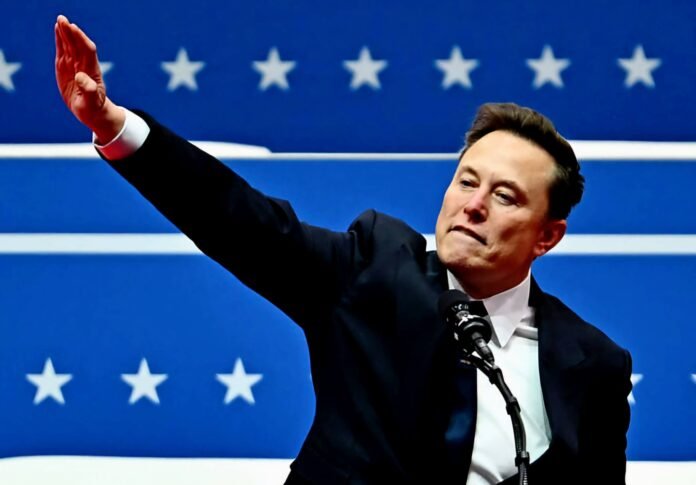As Starlink accelerates its expansion across Africa — just months after its parent company, SpaceX, abruptly withdrew from scheduled regulatory hearings with ICASA — 13 of the 16 Southern African Development Community (SADC) nations have now adopted Elon Musk’s satellite internet service. Marketed as a breakthrough for remote and underserved areas, Starlink offers high-speed, uncensored internet access and is being hailed as a potential solution to the continent’s persistent digital divide.
Yet behind the rapid rollout, a storm of concern is brewing. Cybersecurity experts, policymakers, and civil society groups are raising red flags about the geopolitical risks and potential for misuse tied to foreign-controlled digital infrastructure.
Public debate recently intensified following allegations that Musk manipulated Grok—an AI chatbot on his social media platform X—to spread misinformation about farm murders in South Africa. While unproven, the incident has reignited urgent discussions about the vulnerabilities of relying on global tech empires for access to critical communications infrastructure. (Read more)
Digital freedom or digital threat?
Starlink operates independently of local telecom networks, connecting users directly via satellite and bypassing state-controlled infrastructure. This has sparked concern among analysts who argue it could undermine national sovereignty.
Using Starlink, extremist networks could build decentralized, encrypted communication channels. They could fundraise, recruit, and mobilize—even in off-grid rural areas—without government detection.
In regions already grappling with rising political polarization, experts warn that this unmonitored access could be exploited by radical groups to organize or spread disinformation—particularly if AI tools like Grok are leveraged to amplify false or divisive narratives.
South Africa holds back—for now
South Africa remains one of the few SADC nations to withhold approval for Starlink, citing regulatory requirements that demand partial local ownership. Critics of Musk’s business approach argue that his resistance to these stipulations reflects a deeper issue: the unwillingness of global tech giants to operate within African legal and ethical frameworks.
Earlier this year, Musk falsely claimed that the South African government had denied Starlink’s license due to political bias—claims later debunked by officials and fact-checkers. (Full story here)
The South African government has also voiced concerns over potential abuse of Starlink’s autonomy in bypassing national cyber and information laws—especially if used to challenge state authority or incite social unrest. (ALSO READ: Starlink’s South Africa plans halted as DA MP takes a firm stance against Elon Musk)
Parallel infrastructure, unchecked power
Analysts say the technology could easily support the development of parallel digital infrastructure—especially among right-wing or separatist movements. From secure messaging systems to independent media platforms, such networks could flourish out of sight, complicating national security efforts.
The challenge, they argue, is that with Starlink in place, any individual or group can gain near-universal access to high-speed internet—without any involvement from, or accountability to, the host nation.
Critical crossroads
Total rejection, not regulation: A necessary stance
While Starlink’s potential to close the digital divide is undeniable, experts and policymakers such as the EFF are now calling for complete rejection of the satellite internet service in its current form—particularly in South Africa.
In a press release to the media, the party stated:
“We must remind the public and the presidency that Cyril Ramaphosa has no executive authority to unilaterally guarantee access to South Africa’s telecommunications sector, let alone bypass necessary Black Economic Empowerment (BEE) laws. Any such commitments fall squarely within the legislative domain of Parliament, not Luthuli House or the President’s delegation.”
This is not just a connectivity issue—this is about national security, digital sovereignty, and the power to control narratives inside our own borders.
Analysts argue that no amount of regulation can guarantee protection when the infrastructure remains foreign-owned and operates independently of national oversight. With Elon Musk allegedly manipulating AI platforms like Grok to distort facts about issues as sensitive as farm murders, critics warn that the technology could just as easily be weaponized to inflame racial tensions, destabilize democracies, or protect parallel extremist networks.
Moreover, the ability of Starlink to bypass all local ISPs and surveillance structures means that governments would be blind and powerless in the face of foreign digital influence or domestic insurgent organization.
SADC countries must draw the line
There should be no room for compromise when it comes to foreign-controlled communications infrastructure operating beyond our reach. Starlink must be rejected—completely and without exception.


